
Impeachment and Detention: A Historic Moment for South Korea
South Korea’s President Yoon Suk-yeol has been arrested, marking a historic event as he becomes the first sitting president in the country’s history to face detention. The arrest follows a weeks-long standoff with the country’s anti-corruption agency, which had been investigating allegations related to his controversial actions and a brief declaration of martial law.
Yoon’s detention took place after a significant presence of law enforcement officers, including nearly 1,000 personnel, entered the presidential compound in Seoul’s Yongsan District. The officers reportedly faced no resistance from security forces at the residence, signaling a relatively smooth execution of the arrest. Earlier attempts to detain the president had failed, including an earlier standoff in December when investigators sought to execute an arrest warrant linked to his martial law decree.
Martial Law Decree and Allegations of Rebellion
The controversy stems from Yoon’s brief imposition of martial law on December 3. He justified the move as a necessary step to counter “anti-state forces” he accused of obstructing his political agenda, specifically targeting opposition groups he labeled as “North Korea sympathizers.” The martial law decree lasted only six hours before being revoked but sparked significant unrest across South Korea.
Protests erupted, calling for Yoon’s resignation, and the political turmoil led to disruptions in high-level diplomacy and rattled financial markets. Investigations are ongoing to determine if his actions amounted to an attempted rebellion. While South Korean presidents enjoy immunity from prosecution during their term, this privilege does not protect them from charges related to serious offenses, including rebellion or treason. As Yoon is now impeached, he faces potential legal consequences for his actions.





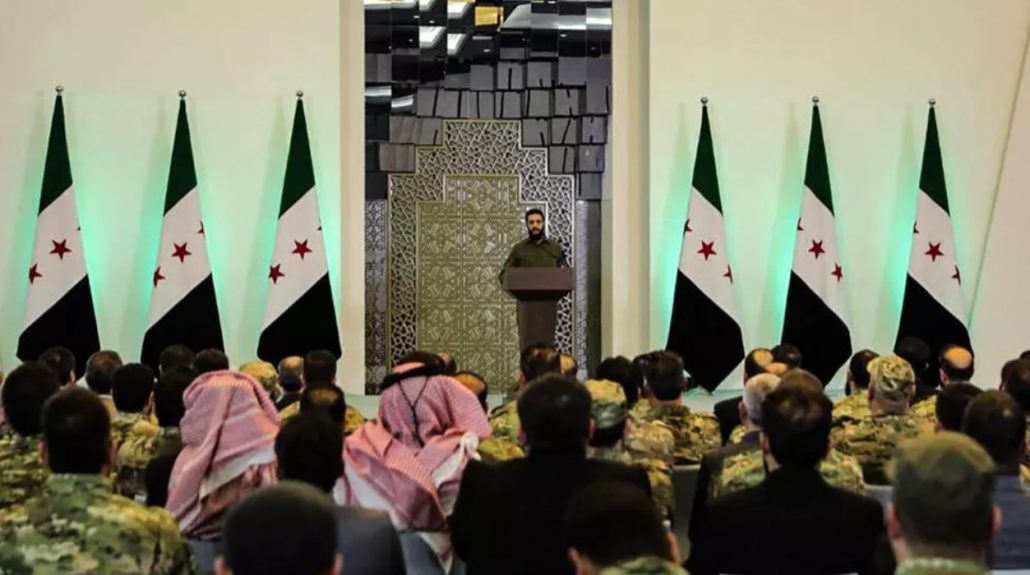

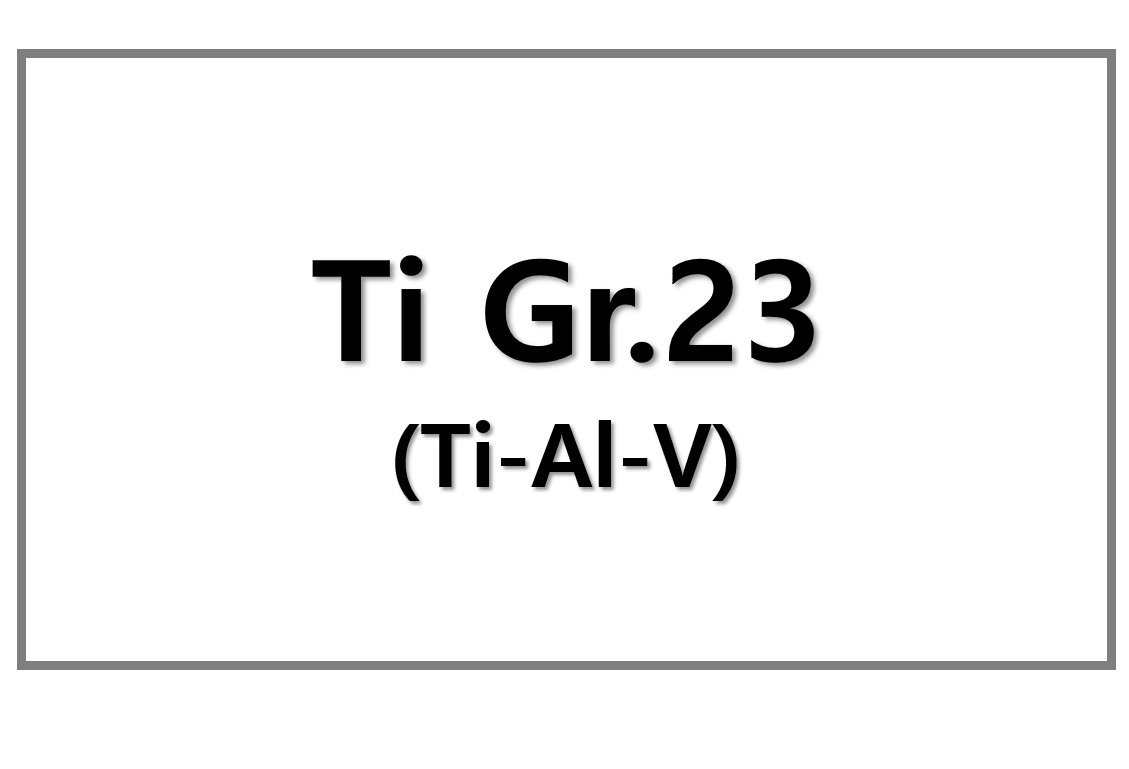
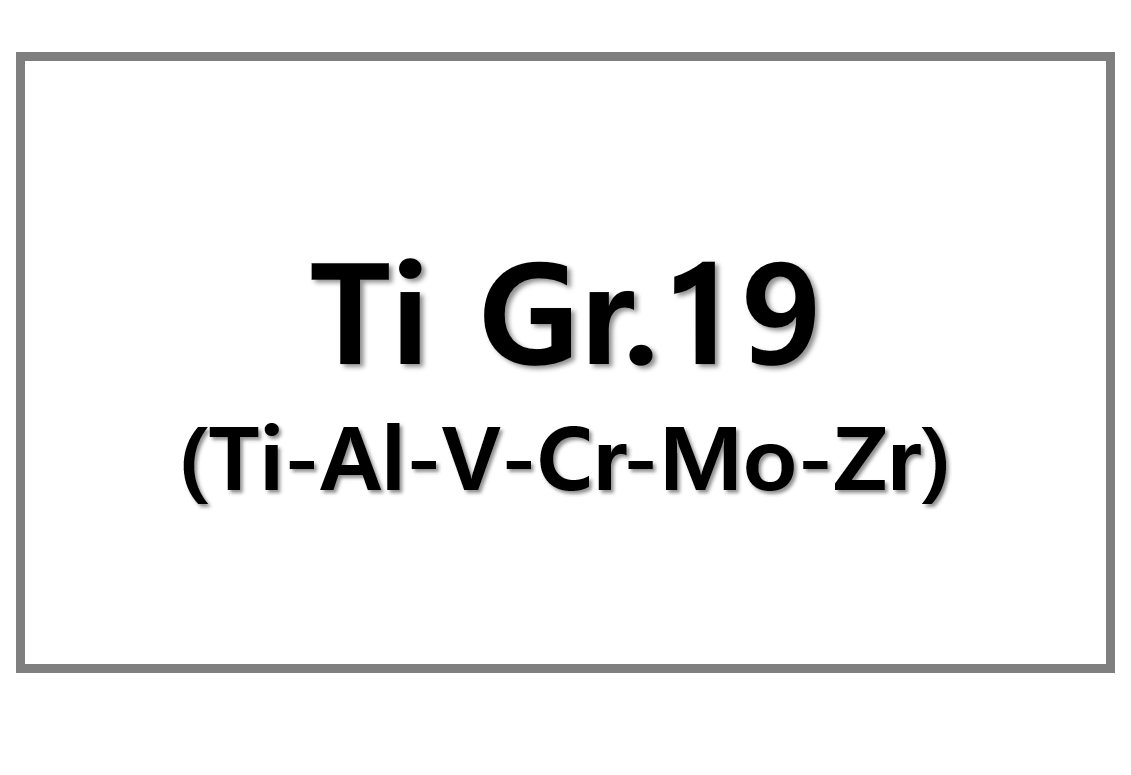
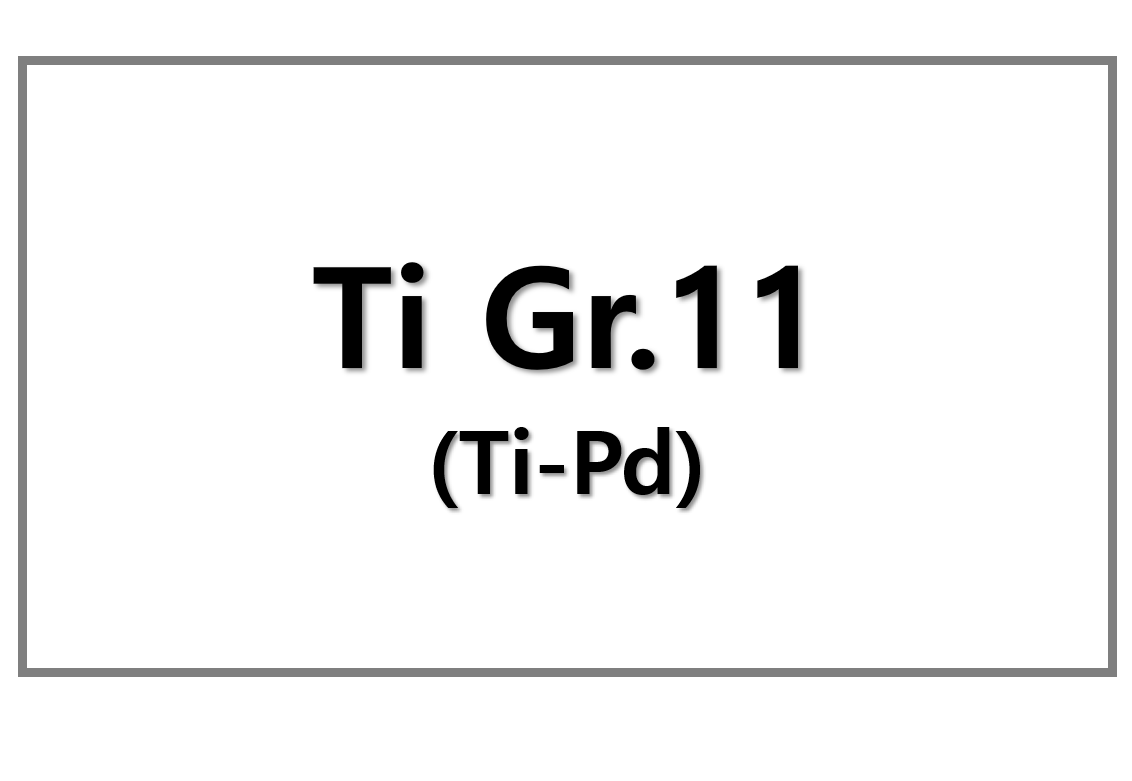
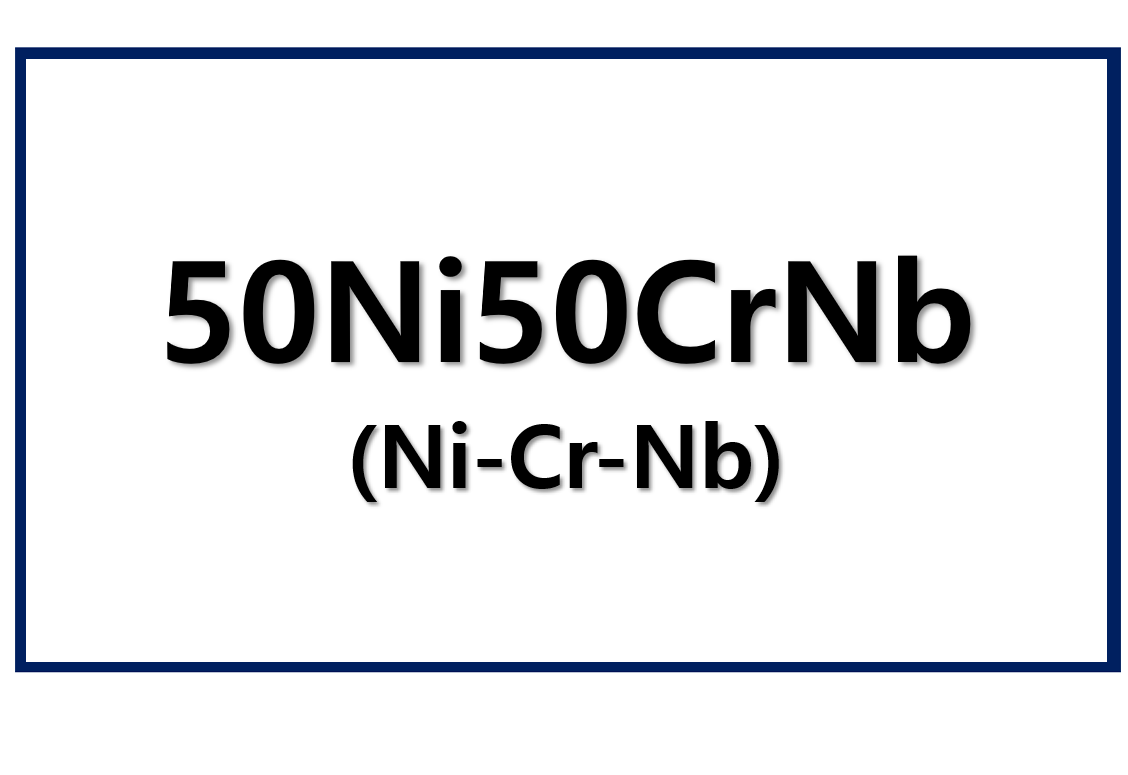
Leave a Reply
You must be logged in to post a comment.